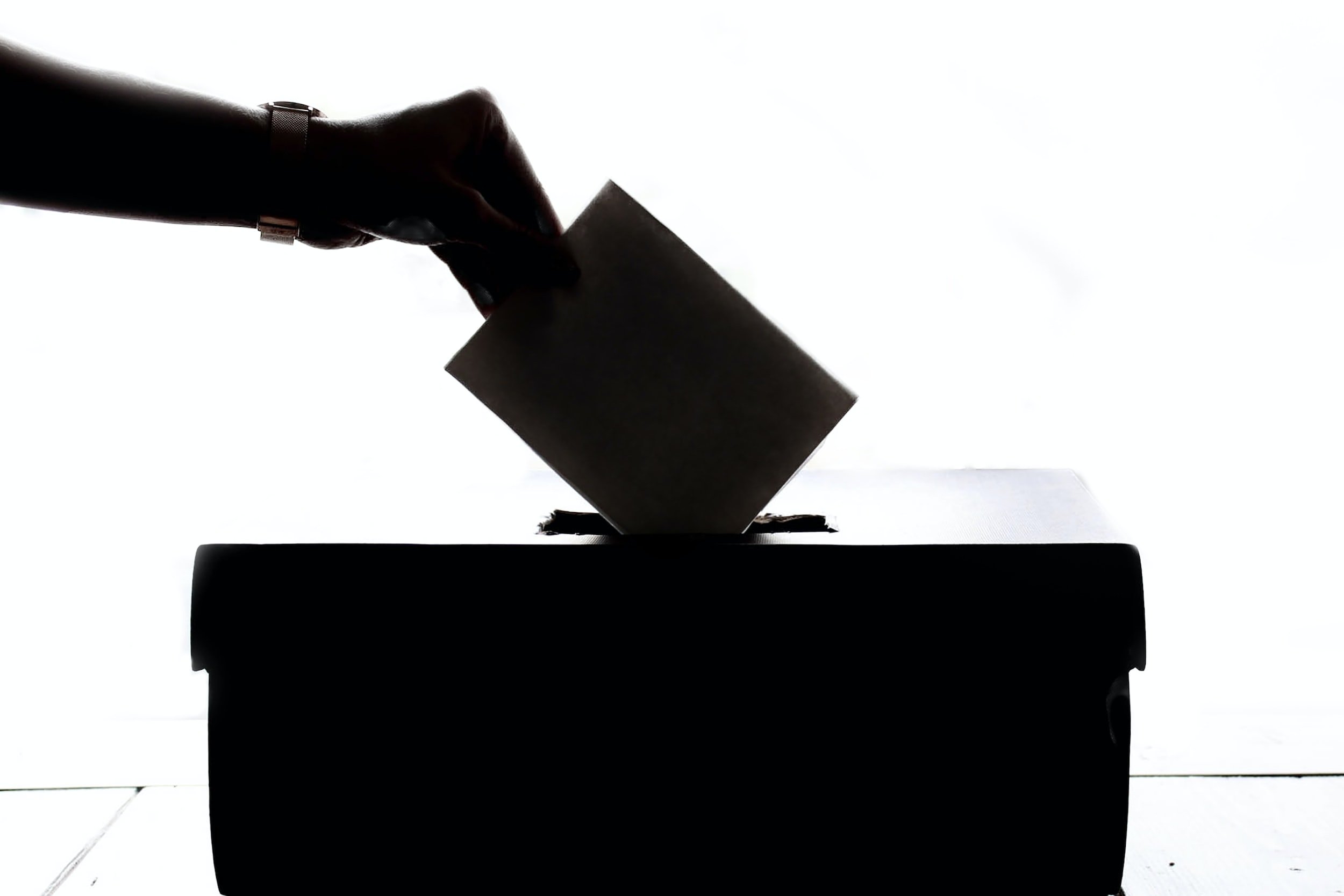2020: Where Nobody Can Vote Safely
Written By: Maya Cherins | August 4, 2020
This past April, Wisconsin voters had to make a decision. Risk your health, or lose your vote.
April marked the early months of the nation-wide shutdown in response to the coronavirus pandemic. Wisconsin Governor, Tony Evers, attempted to postpone the April primary in order to provide more time for absentee ballots to be requested and to ensure every Wisconsinite has their voice heard in the election. The Wisconsin Supreme Court overruled Evers’ executive order and allowed the primary to take place per usual (this is 2020, nothing is usual). Over 7,000 poll workers refused to staff the voter precincts (rightfully so), forcing many polling locations across the state to close. The few polling locations left had lines lasting for hours, with voters wearing masks, socially distancing, and waiting to conduct their civic duty.
Wisconsin is only a singular case study. Meanwhile the Georgia Speaker of the House, Dan Ralston argued that giving every voter an absentee ballot would be “devastating” for Republicans and conservatives, given that voter turnout would increase.
Texas has always been a difficult place to register to vote, being one of only ten states where you cannot register online. As a result of these barriers, Texas has an estimated 5.5 million eligible but unregistered voters, most of whom are youth and people of color who typically would vote Democrat. Let’s say these folks become registered - Texas still makes it difficult to receive an absentee ballot. You can’t vote absentee in Texas under the age of 65 unless you are “out of town during the election, in jail, or have a sickness or physical condition.” Anyone 65 or older, Trump’s largest supporting demographic, can vote absentee. How convenient.
In Texas, Arkansas, Louisiana, Mississippi, Alabama, Tennessee, Kentucky, Missouri, Indiana, Ohio, South Carolina, West Virginia, New York, Connecticut, Massachusetts, New Hampshire, and Delaware, you must provide an excuse to vote absentee. In Washington, Utah, Oregon, and Colorado, officials mail every eligible voter an absentee ballot, making voting easy and accessible for everyone. All other states allow absentee voting with no excuse. We can hope that voting will be made more accessible in the November election, but in this political climate, nothing is for sure.
In a pandemic free world, those who typically need to vote absentee are folks who work and can’t make it to the polls, people who can’t afford childcare to vote, people who can’t afford transportation to polls, etc. Now add on the pandemic. These marginalized communities tend to lack the affordable and accessible healthcare necessary to fall back on if voting in person resulted in getting sick from coronavirus. Electing Republicans and conservatives disproportionately harms marginalized communities. These people need their votes to be heard, and they cannot do so with so many barriers to safe, easy, and accessible voting.
In March, Donald Trump stated that if voting was made easier, “You’d never have a Republican elected in this country again.”
It is evident that during the presidential primaries Republicans attempted to utilize the coronavirus pandemic as a ploy to limit access to voting, specifically to assist their conservative agendas. Given that it happened once, American voters need to prepare for it to happen again.
So the question begs, how do you vote in a pandemic?
Look up your state and understand their registration deadlines, and if/when/how you can vote absentee:
Register to vote! Check out NB’s very own “Beginner Guide to Voter Registration” by Lily Rosen Marvin
Educate your friends, family, and neighbors on how to vote safely. Spread the word using social media. Follow organizations like…
If you are young, healthy, and able, work at the polls so we don’t have to close more polling locations!
Resources
https://time.com/5817380/voter-suppression-coronavirus/
https://www.motherjones.com/politics/2020/06/coronavirus-voting-rights/

